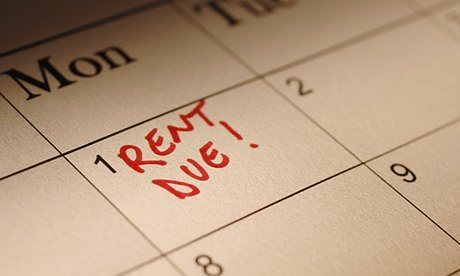Private landlords received £9.3bn in housing benefit payments, almost double the amount a decade ago according to a study published by the National Housing Federation.
This situation is set to deteriorate with the decades long trend of decrease home ownership exemplified by a House of Commons research report published earlier this year which reported that 48 per cent of 25-34 year-olds in England now rent, up from 21 per cent in 2003-04.
The National Housing Federation report found an increase of 42% in the the number of households using housing benefit to pay rent to private landlords since 2008. Housing benefit is paid to households that cannot afford to cover rental costs in addition to essentials such as food, clothes, heating and lighting.
This situation has been exacerbated by stagnation in real middle-income household earnings with the greatest increase in housing benefit claims coming from households with net incomes between £20,000 to £28,000 per year. Furthermore, in 2008 around a quarter of private sector tenants in receipt of housing benefit were in employment, a figure which has risen to almost a half today.
In order to address the crisis in property ownership in the UK both parties have adopted standard policy positions. The Conservatives have signaled a preference for supply-side solutions to improve housing affordability with little detail on easing planning restrictions and tackling construction sector skills shortages. Labour on the other hand have suggested a combination of rent-controls and investment in social housing with few details on the practicability of such proposals.
The National Housing Federation claims that if all those housed in the private rented sector lived in affordable housing, taxpayers would save £1.5bn a year in housing benefit payments. The federation’s chief executive, David Orr has said, “It is madness to spend £9bn of taxpayers’ money lining the pockets of private landlords, rather than investing in affordable homes. Housing associations want to build the homes the nation needs. By loosening restrictions on existing funding, the government can free up housing associations to build more affordable housing at better value to the taxpayer and directly address the housing crisis.”
